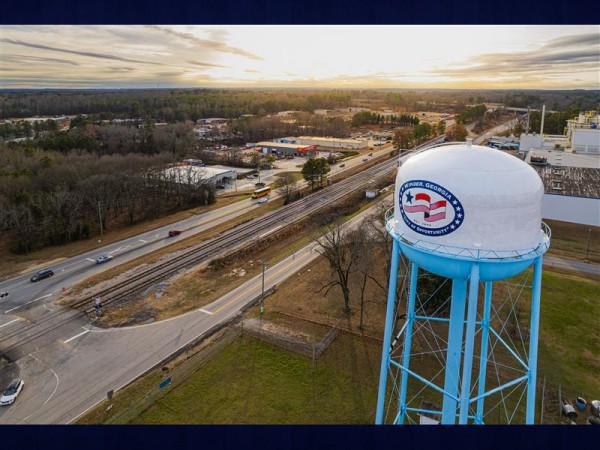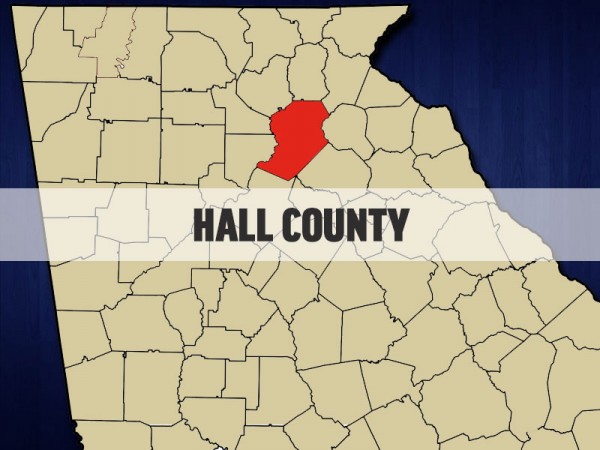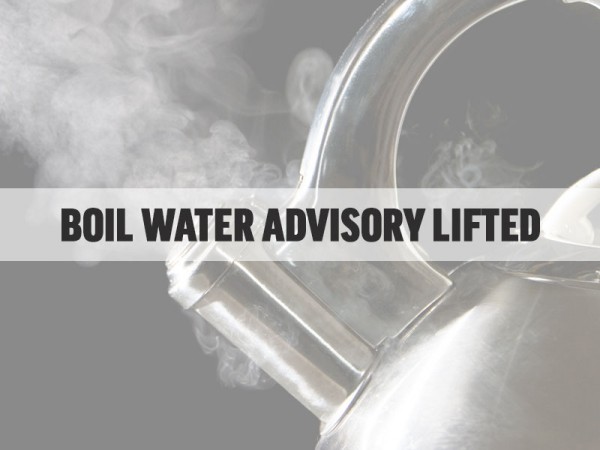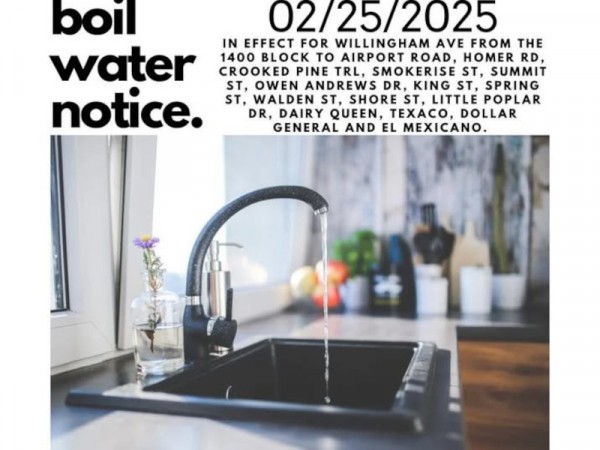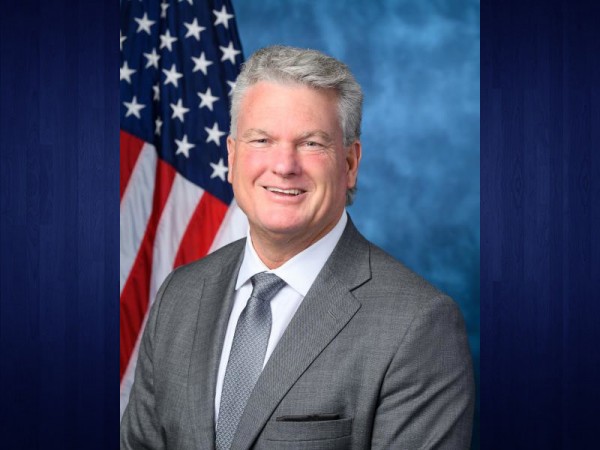The Georgia Water Coalition released its 2022 Dirty Dozen report on Tuesday, focusing on 12 Clean Water Act legal cases that helped clean up Georgia’s waterways, including two in Northeast Georgia.
The report includes the 1997 Union County case, Driscoll v. Adams, and the 2011 Rabun County settlement in United States v. Wright Brothers Construction & GDOT.
While the Georgia Water Coalition focused on current water offenders in previous Dirty Dozen reports, the 2022 report focused on landmark legal cases in recognition of the Clean Water Act’s 50th anniversary.
A press release from the organization said Driscoll v. Adams was one of the first construction stormwater cases to be litigated in Georgia. The Union County case confirmed mud, sand and sediment as pollutants regulated by the Clean Water Act and the ruling served notice to homebuilders and land developers across Georgia.
The case came about when a pair of Union County residents found their ponds filling with mud after an upstream neighbor cleared 75 acres of steeply sloped forest.
The U.S. v. Wright Brothers Construction & GDOT case involved a contractor for the Georgia Department of Transportation which buried portions of seven trout streams in Rabun County beneath mounds of dirt.
The case led to a $2.8 million settlement in 2011, one of the largest ever. The settlement came under Clean Water Act provisions prohibiting the unauthorized filling of wetlands and streams.
Other landmark cases in the 2022 Dirty Dozen report include:
- Alma v. United States
- Burkhalter v. Claxton Poultry Farms
- Chattahoochee Riverkeeper v. American Sealcoat Manufacturing
- United States v. Dalton Utilities
- United States v. DeKalb County
- Ogeechee-Canoochee Riverkeeper v. U.S. Army Corps of Engineers
- Ogeechee-Canoochee Riverkeeper v. King America Finishing
- Sierra Club v. Hankinson
- Upper Chattahoochee Riverkeeper v. City of Atlanta
- Upstate Forever and Savannah Riverkeeper v. Kinder Morgan
“Many of the 12 legal actions cited in this year’s Dirty Dozen report were initiated by citizens and water protection organizations, and the outcomes of these actions helped clarify and strengthen the scope of the landmark federal legislation,” the release reads.
The full 2022 Dirty Dozen report can be viewed here.







